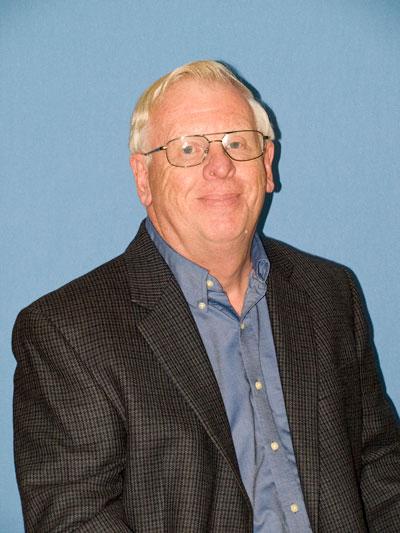The Formational Background of Silicon Valley

Dr. Don Estreich
Adjunct Professor Engineering Science, Sonoma State University, Rohnert Park, CA
Cerent Engineering Science Complex, Salazar Hall 2009A
4:00 PM
Abstract - The San Francisco Peninsula spawned the technology-centric marvel known today as "Silicon Valley". The early history of amateur radio on the Peninsula played a crucial role in preparing for the emergence of "Silicon Valley". In the 1930’s entrepreneurial efforts of amateur radio enthusiasts drove the development of high power vacuum tubes - much of this work revolved around Stanford University. The microwave klystron resulted from this collaboration and was of major importance to World War II radar. Dr. Frederick Terman (known as the "Father of Silicon Valley") encouraged amateur these radio activities and during WW II led the Radio Research Laboratory (RRL) at Harvard (staffed by engineers, many with amateur radio backgrounds). In the 1950s and 1960s the development of the silicon semiconductor industry became the driving force behind electronics in the Bay Area (and why it is called "Silicon Valley" today). Fairchild Semiconductor became the most important company in "Silicon Valley" during the 1960s and 1970s. Microprocessors and memory chips lead to the personal computer and the widespread use of the Internet. This talk will explore how these events lead to the high tech revolution that envelopes all of us.
Dr. Don Estreich is presently an Adjunct Professor of Engineering Science at Sonoma State University. He received a B.S.E.E. degree from U.C. Berkeley and M.S.E.E. and Ph.D. from Stanford University in 1980. During the 1970s he worked in Silicon Valley at Teledyne Semiconductor and at Hewlett-Packard Laboratories in Palo Alto. He worked for over 30 years at Hewlett-Packard’s Technology Center (now Keysight Technologies) at their Santa Rosa site on compound semiconductor integrated circuits, microwave & optical test components and measurement instrumentation.

